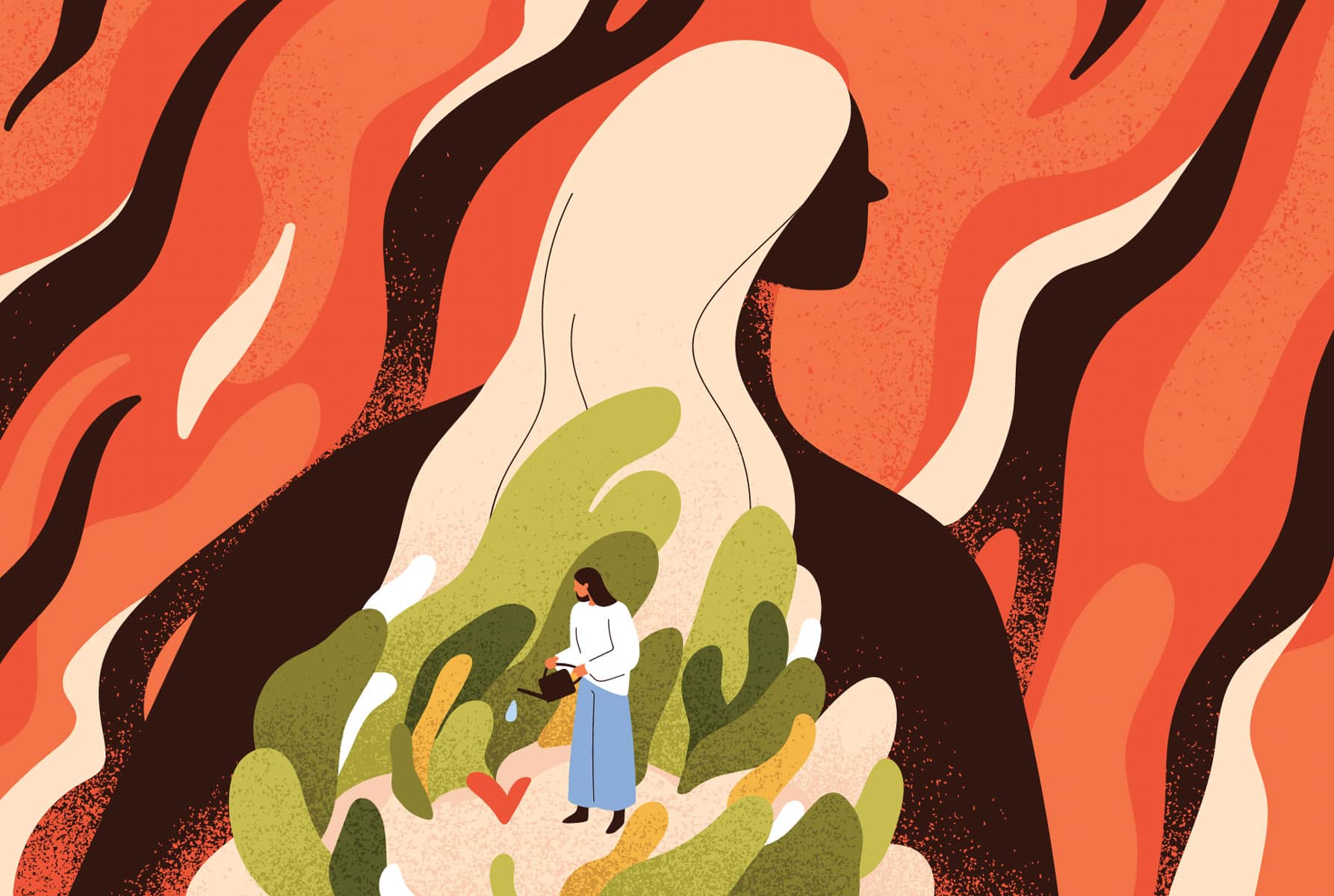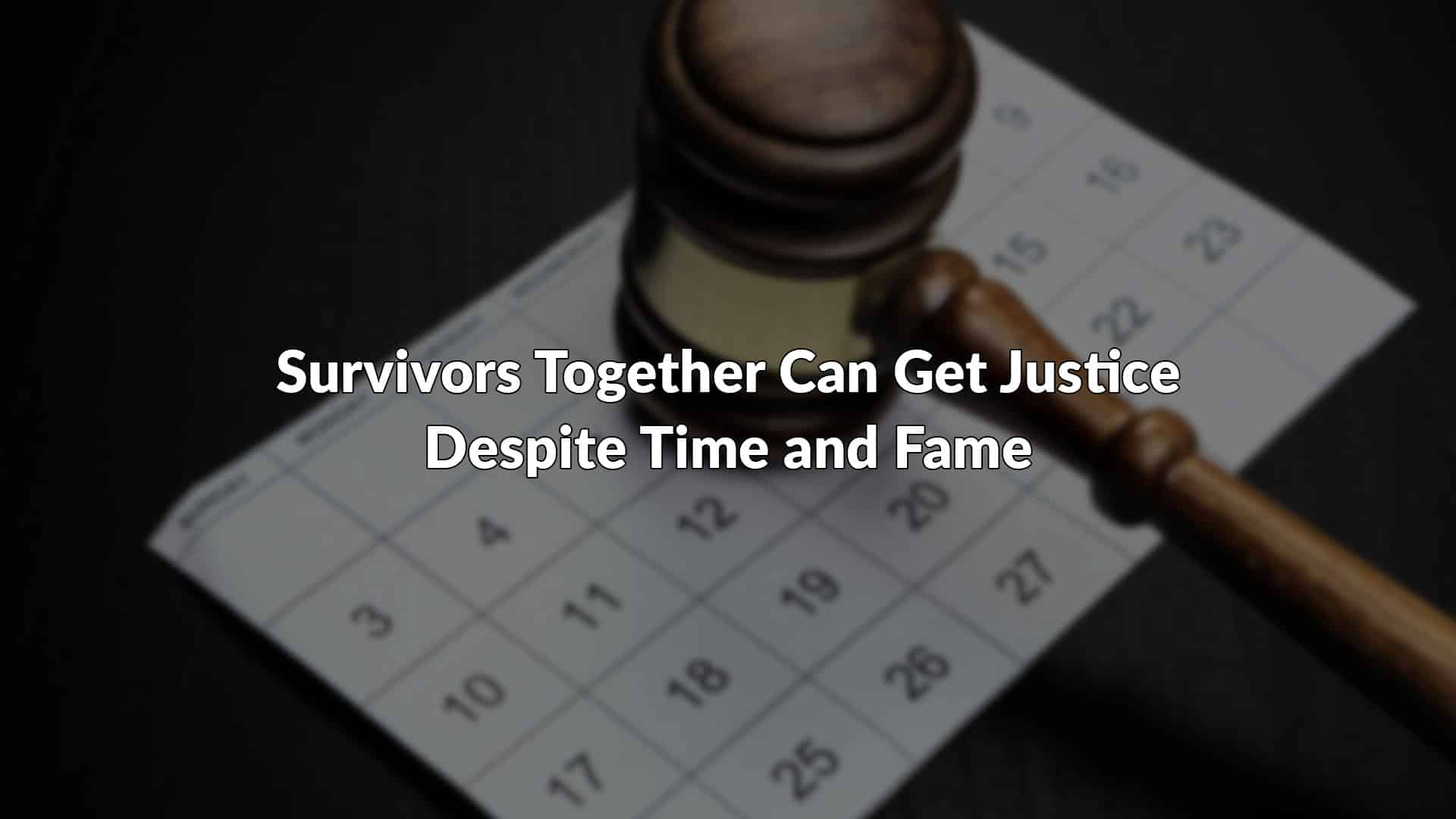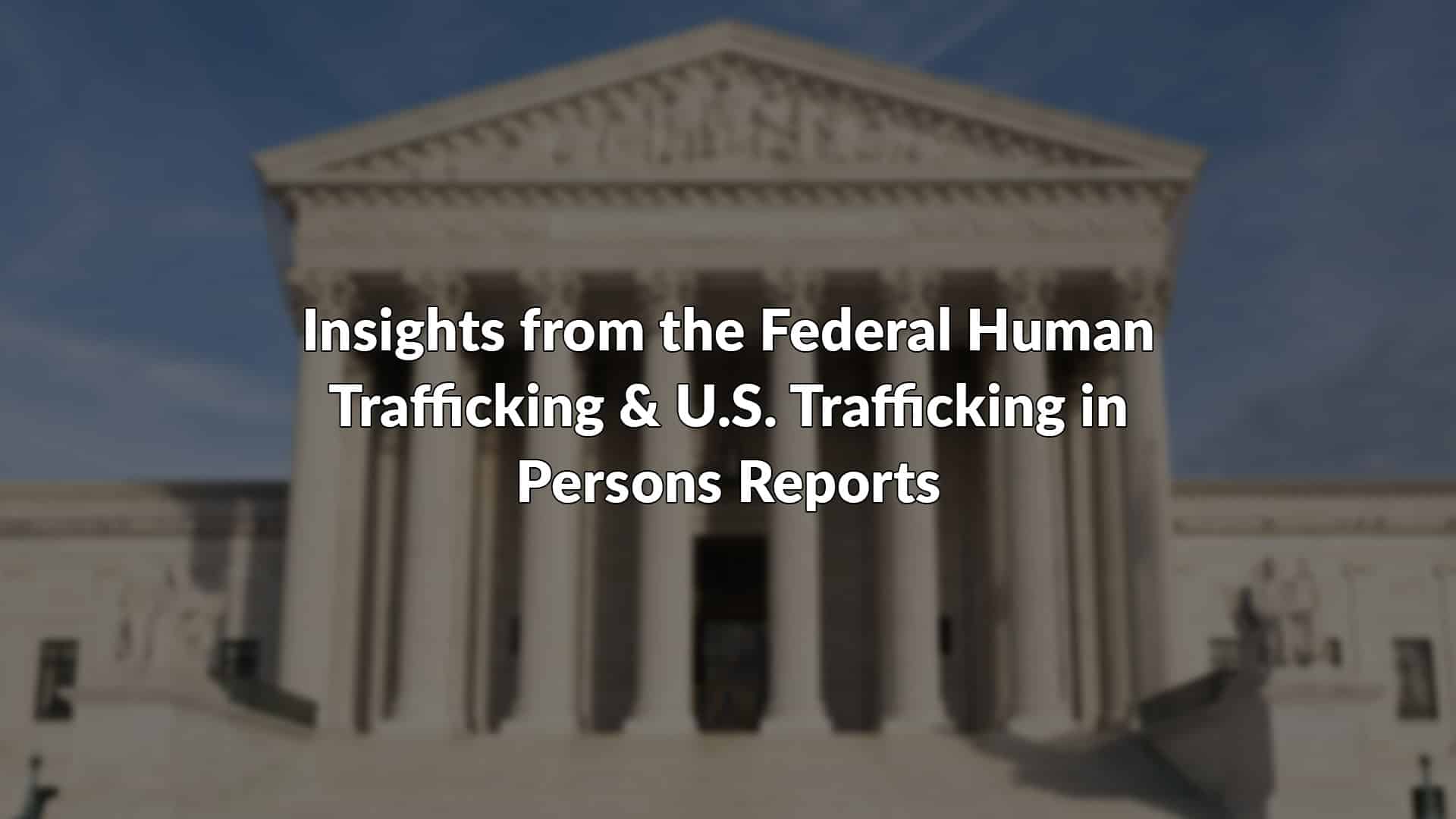Homelessness is a cause and a consequence of human trafficking. Although anyone can be trafficked, traffickers disproportionately target at-risk populations, including individuals disconnected from stable support networks, such as homeless youth.
As a legal aid organization dedicated to providing trauma-informed legal services to survivors of sex trafficking and those who have been harmed by the commercial sex industry in the DC-metro area, the Amara Legal Center approaches the issue of homelessness in the District from a unique perspective. Naturally, the D.C. government caught Amara’s attention when it recently announced its intention to turn a former George Washington University dorm in Ward 2 into a homeless shelter for the medically vulnerable.
First, the rate of homelessness in the District is alarming. Even though homelessness in the District has decreased overall in the past decade [1], there was a 42.3% increase in the number of unaccompanied youth experiencing homelessness in the District from 2020 to 2022 [2]. It is estimated one in five youth experiencing homelessness have been a victim of trafficking [3]. Further, 68% of youth survivors of trafficking had been trafficked while homeless [4]. In 2017, Polaris conducted a survey with 127 survivor respondents on their experiences with the housing and homeless systems [5]. 64% of respondents reported being homeless or experiencing unstable housing at the time they were recruited into their trafficking situation [6]. In another study, 83% of survivor respondents reported experiencing poverty at some point in their childhood [7]. Finally, of all U.S. cities, the National Human Trafficking Hotline receives the most calls per capita from Washington, D.C. [8]
Given the intersections between trafficking and homelessness, it is safe to say that D.C. could use more homeless shelters. Fortunately, Ward 2 is set to receive its first shelter in the coming months [9]. Barring significant construction delays, the D.C. Department of Human Services aims to open the shelter by October or November, 2023 [10]. Located at 1129 New Hampshire Avenue NW, the now-vacant dorm for graduate students once owned by GWU will become a transitional housing facility for medically vulnerable adults with a capacity for 190 residents [11]. The shelter would be used to provide medical care to unhoused people with acute conditions, such as those suffering from end stage kidney failure, cancer, or ALS [12]. Existing shelters house dozens of people per room and don’t offer private bathrooms, making it difficult for people with chronic medical conditions to manage their care there [13]. This would also be the first homeless shelter in D.C. allowing adult couples and mixed-gendered adult families, like siblings, to stay together [14]. It’s also worth noting that trafficking survivors often face complicated health issues after victimization, such as higher levels of depression and post-traumatic stress, sexually transmitted infections or diseases, physical injuries, and malnutrition, among others [15].
The D.C. Council solicited feedback from the surrounding community and was met with a mixture of some residents embracing the possible shelter and others denigrating it [16]. It’s not surprising that plans to convert a building into a homeless shelter sparked controversy in Ward 2. This would be the only shelter in Ward 2, and the first of its kind in the District. The building is located near GW’s core campus, in an affluent area of Foggy Bottom-West End that’s home to multiple upscale hotels and Michelin star restaurants [17]. One resident stated that “Eating at a Michelin star restaurant is not a human right. Housing, on the other hand, is. [18]”
Ultimately, the District was presented with a unique opportunity given the limited availability of like-properties suitable to be transformed into non-congregate shelter [19]. This shelter is crucial to the District’s mission of ending homelessness, and will help to house individuals that may otherwise be targeted by traffickers. With private bathrooms and heightened medical capability, this shelter may also provide a safer space for homeless survivors than other shelters in the District. With this new shelter, the most vulnerable unhoused citizens, such as those with medical and mental health needs, will receive specialized housing and care.
[1] Tanya de Sousa et al., THE 2022 ANNUAL HOMELESSNESS ASSESSMENT REPORT (AHAR) TO CONGRESS, at 16-18, U.S. DEP’T OF HOUS. & URB. DEV., OFF. OF CMTY. PLANNING & DEV. (Dec. 2022), https://www.huduser.gov/portal/sites/default/files/pdf/2022-AHAR-Part-1.pdf.
[2] Id. at 53.
[3] NAT’L NETWORK FOR YOUTH, Human Trafficking, https://nn4youth.org/learn/human-trafficking/.
[4] Id.
[5] POLARIS PROJ., HOMELESSNESS AS A CAUSE AND A CONSEQUENCE OF HUMAN TRAFFICKING, at 3 (2023), https://www.ohchr.org/sites/default/files/documents/issues/slavery/sr/reporthrc54/submission-slavery-hrc54-cso-polaris_0.pdf.
[6] Id. at 4.
[7] POLARIS PROJ., IN HARM’S WAY: HOW SYSTEMS FAIL HUMAN TRAFFICKING SURVIVORS, at 24-25 (2023), https://polarisproject.org/wp-content/uploads/2023/07/In-Harms-Way-How-Systems-Fail-Human-Trafficking-Survivors-by-Polaris-modifed-June-2023.pdf.
[8] NAT’L HUM. TRAFFICKING HOTLINE, RANKING OF THE 100 MOST POPULOUS U.S. CITIES (2016), https://humantraffickinghotline.org/sites/default/files/100%20Most%20Populous%20Cities%20Report.pdf.
[9] Morgan Baskin, This GWU Dorm Could Become A Shelter For The Medically Vulnerable, DCIST (Jul. 6, 2023), https://dcist.com/story/23/07/06/gwu-dorm-shelter-for-medically-vulnerable-brooke-pinto/.
[10] Baskin, supra note 10; Walter Morris, Residents clash over plan to convert GW building into homeless shelter, NBC WASHINGTON (Jun. 21, 2023), https://www.nbcwashington.com/news/local/residents-clash-over-plan-to-make-homeless-shelter-in-ward-2/3371421/.
[11] Baskin, supra note 10; Morris, supra note 10.
[12] Baskin, supra note 10.
[13] Id.
[14] Michael Brice-Saddler, Plan for D.C. homeless shelter at former GWU dorm divides Ward 2 community, WASHINGTON POST (Jun. 28, 2023), https://www.washingtonpost.com/dc-md-va/2023/06/28/dc-homeless-shelter-gwu-dorm/.
[15] Allie Gardner, Human Trafficking is a Public Health Issue, UNITED WAY (Jan. 10, 2023), https://www.unitedway.org/blog/human-trafficking-is-a-public-health-issue#:~:text=Survivors%20of%20human%20trafficking%20often,%3B%20and%20malnutrition%2C%20among%20others..
[16] Baskin, supra note 10
[17] Morris, supra note 10.
[18] Id.
[19] Brice-Saddler, supra note 15.



